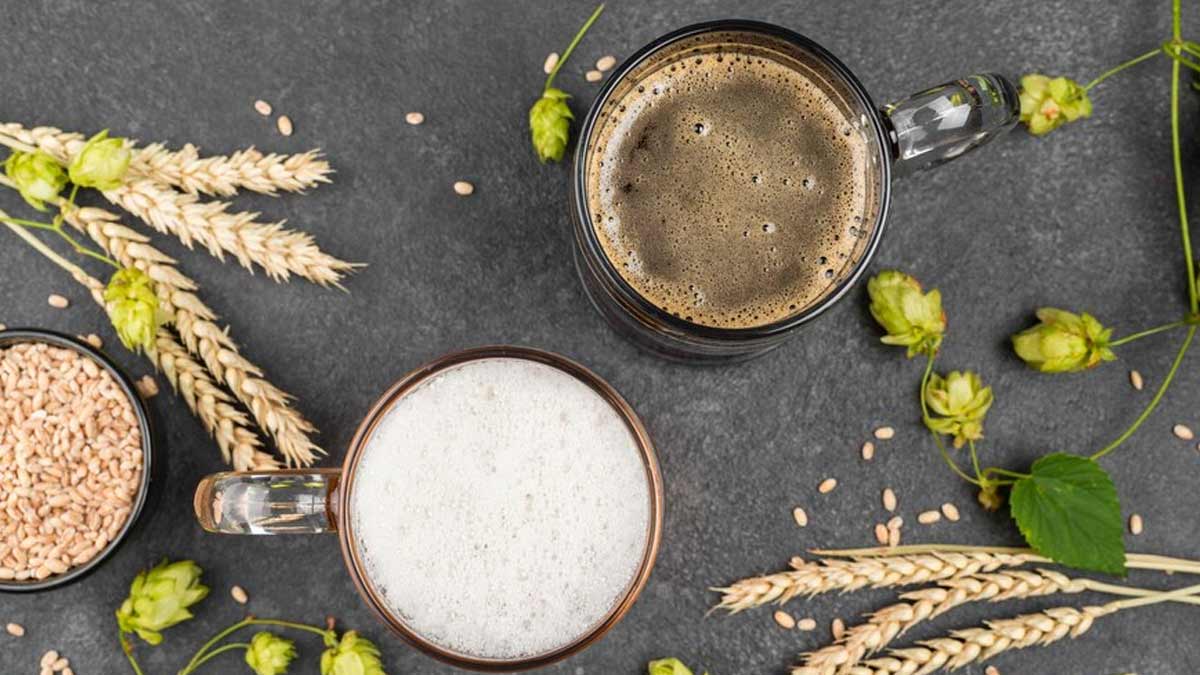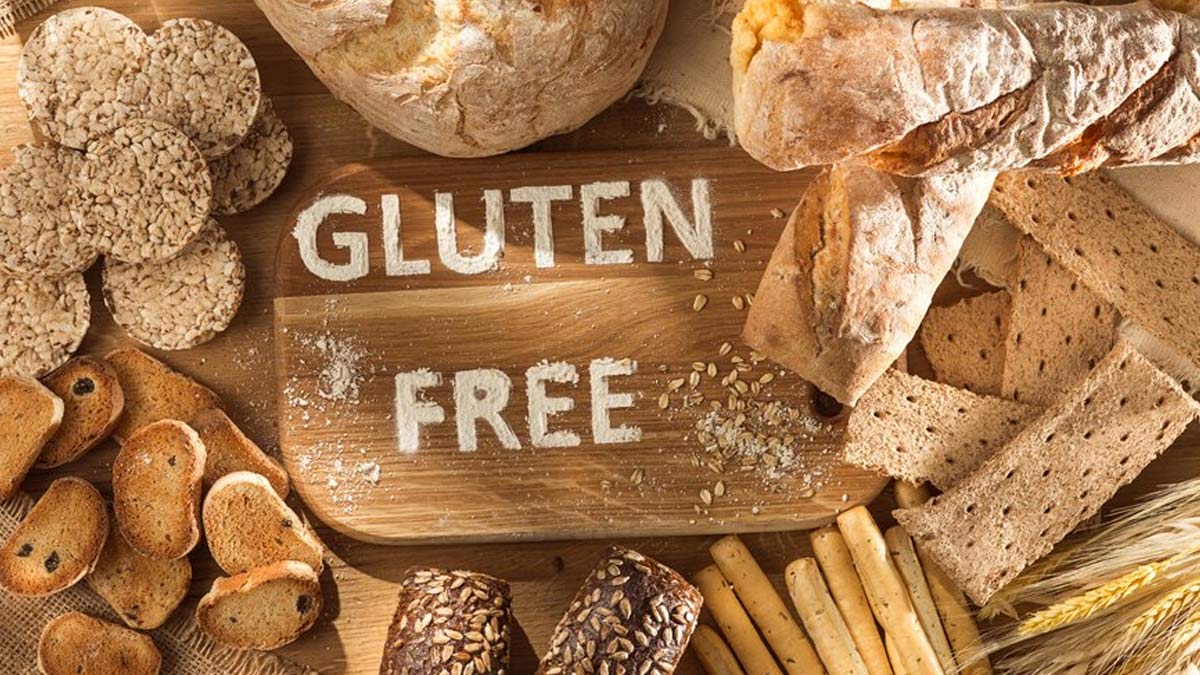
With growing awareness around diet and its effect on our overall health, people have become more conscious of their food choices. In today’s time, diabetes patients choose to go low carb, whereas those with hypertension prefer indulging in a low-salt diet. Similarly, people suffering from celiac disease have started to understand and recognise the ill-effects of gluten on their digestive health. But the real question is how aware are we of the foods and the components that make them? What do we really know about gluten and the foods that contain it?
Table of Content:-
In an interaction with the OnlyMyHealth team, Suhela Fayaz Lalu, Dietitian, Diabetic Educator, Jaslok Hospital and Research Centre, Mumbai, discussed the role of gluten, how it affects celiac disease patients, and shared alternatives to try.
Also Read: Gluten-Free Goodness: Navratri Foods For Celiac Disease Patients
What Is Gluten?

Gluten is a protein that is naturally found in grains like wheat, barley, and rye, which gives these food items its elasticity and softness when transformed into a dough.
Gluten consists of two main protein groups: gliadin and glutenin. While glutenin is what gives elasticity and structure to the dough, gliadin contributes to the negative health effects associated with gluten, especially in individuals with celiac disease or gluten sensitivity.
Why Celiac Disease Patients Shouldn’t Have Gluten
According to Dietitian Lalu, celiac disease patients should avoid eating gluten, as it triggers an immune response to the gluten protein in the small intestine. Over time, this reaction damages the small intestine's lining and prevents it from absorbing nutrients, leading to a condition called malabsorption, she explained.
The Celiac Disease Foundation suggests 1 in 100 people worldwide have celiac disease.
According to a study published in the Journal Gastroenterology and Hepatology, the autoimmune condition is one of the most common genetic disorders, affecting approximately 1% of individuals worldwide.
Gluten-Containing Foods

Some of the common gluten based foods include:
- Breads, pastas, noodles, cereals, and dumplings
- Soy sauce and thick sauces
- Pastries, cake, crusts, cookies, crackers, and tortillas
- Wheat products like all-purpose flour, bulgur, couscous, durum, farina, graham flour, hydrolyzed vegetable protein, kamut, wheat berries, wheat germ, and wheat starch
- Seitan and semolina - these are also derivatives of wheat
- Barley products, including malt, malt barley syrup, malt extract, malt flavoring, some brown rice syrups
- Rye products, including pumpernickel, crispbread
- Beer and any wheat/barley-based alcohols that are not properly distilled
Also Read: Gluten Intolerance: Foods to Eat and Foods to Avoid
Gluten-Free Food Alternatives
Here’s a list of healthy gluten-free alternatives for common gluten-containing food items:
Substitute for noodles and pasta:
- Rice noodles, 100% buckwheat noodles, quinoa pasta, and legume-based noodles (like black bean noodles and lentil pasta)
- Veggie noodles made with a spiralizer (such as zucchini, sweet potato, carrots, potato,
- Spaghetti squash
- Kelp noodles
- Shirataki noodles
Substitutes for gluten-containing grains (farro, barley, bulgar, spelt, kamut):

- Rice
- Millet
- Quinoa
- Buckwheat
- Cauliflower rice
Substitutes for wheat/all-purpose flour
- Coconut flour
- Cornmeal
- Oat flour
- Rice flour
- Almond flour
- Tapioca flour
- Chickpea flour
- Cassava flour
- Sorghum flour
- Amaranth flour
- Buckwheat flour
- Teff flour
Bottomline
Some of the common symptoms of celiac disease are diarrhoea, fatigue, bloating, gas, nausea, vomiting and abdominal pain. Some people may also experience weight loss. If you have any of these symptoms, it is best to consult a doctor. Depending on your diagnosis, you can choose to go gluten free or opt for foods that do not trigger any gastrointestinal issues. The key is to recognise the triggers.
Also watch this video
How we keep this article up to date:
We work with experts and keep a close eye on the latest in health and wellness. Whenever there is a new research or helpful information, we update our articles with accurate and useful advice.
Current Version